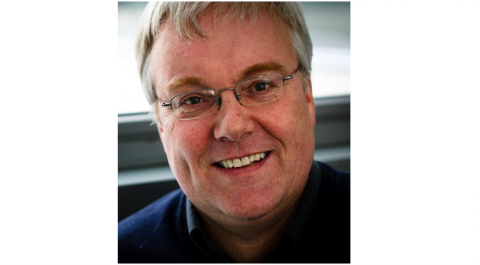Lectures of Prof. Lars Peter Klimaschewski, MD, PhD
We would like to kindly inform you that on January 17, 2022, we are starting a series of open lectures by Prof. Lars P. Klimaschewski MD PhD from the Medical University of Innsbruck.
Lectures are organized as a part of the project "University of Great Opportunities - a program for improvment of teaching quality managemnt and teaching quality" POWR.03.05.00-00-Z201/18 Module 1. Implementation of international lecturers into the open lecturs given at the School of Medicine.
Please find below the schedule:
Lecture 1:
17.01.2022 time: 15.00 – 18.00 Topic: Teaching of Anatomy using human corpses and online videos
Lecture 2:
24.01.2022 time: 15.00 – 18.00 Topic: Modern Neuroanatomy for undergraduate MD students
Lecture 3:
31.01.2022 time: 15.00 – 18.00 Topic: Relevance of comparative Neuroanatomy for Neurology training
Lecture 4:
07.02.2022 time: 14.00 – 17.00 Topic: How to understand neurodegenerative diseases from a neuroanatomical
Link to the lecture: https://meet.google.com/rmg-bsvc-rmj
Dr Klimaschewski graduated as MD from the University of Hamburg in 1991 and received the PhD (Habilitation) in Anatomy and Cell Biology from the University of Heidelberg in 1997. Following a postdoctoral fellowship at the Department of Pathology (Center for Neuroscience) at Columbia University, New York, he became Professor for Neuroanatomy at the University of Innsbruck in 1999, was appointed ERASMUS coordinator (2002-2008), Austrian representative of COST action B30 (2006-2010), Head of the Institute of Histology & Embryology (2015-), Director of the Department of Anatomy, Histology & Embryology (2016-2019) and member of the board of the Anatomical Society (2014-2017, as President in 2018). He is author of more than 100 original publications, review articles and book chapters.
https://www.i-med.ac.at/neuroanatomy/
Projekt pn. „Uniwersytet Wielkich Możliwości – program podniesienia jakości zarządzania procesem kształcenia i jakości nauczania”, nr POWR. 03.05.00-00-Z201/18 współfinansowany przez Unię Europejską w ramach Europejskiego Funduszu Społecznego



